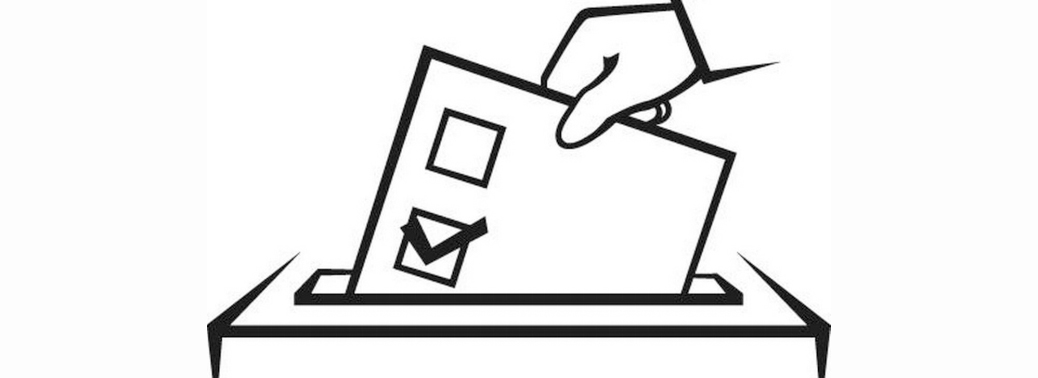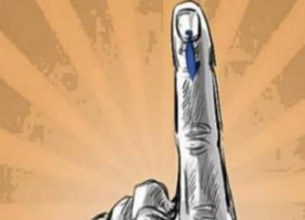MODEL CODE OF CONDUCT
09, Jan 2020

Prelims level : Polity and Governance.
Mains level : GS-II Separation of Powers between Various Organs, Dispute Redressal Mechanisms and Institutions.
Why in News?
- The Election Commission of India on Monday announced the schedule for Delhi assembly elections. It would be a single-phase election for 70 assembly seats in Delhi on February 8 bringing the model code of conductinto Force.
Model Code of Conduct (MCC):
- The Model Code of Conduct for guidance of political parties and candidates is a set of norms which has been evolved with the consensus of political parties who have consented to abide by the principles embodied in the said code and also binds them to respect and observe it in its letter and spirit.
- The MCC is a set of guidelines issued by the Election Commission to regulate political parties and candidates prior to elections, to ensure free and fair elections. This is in keeping with Article 324 of the Constitution, which gives the Election Commission the power to supervise elections to the Parliament and state legislatures.
Why MCC is Needed?
- Free and fair elections form the bed rock of democracy. This envisages a level playing field for the contestants and an equal opportunity for all parties for presenting their policies and programmes to voters. In this context the Model Code of Conduct (MCC) gains relevance as it intends to provide a level playing field for all political parties, keep the campaign fair and healthy, avoid clashes and conflicts between parties, and ensure peace and order.
- It aims to ensure that the ruling party, either at the Centre or in the States, does not misuse its official position to gain an unfair advantage in an election.
Salient features of the Model Code of Conduct:
- The salient features of the Model Code of Conduct lay down how political parties, contesting candidates and party(s) in power should conduct themselves during the process of elections i.e. on their general conduct during electioneering, holding meetings and processions, poll day activities and functioning of the party in power etc.
Union of India v Harbans Sigh Jalal and Others:
- In the case of Union of India v Harbans Sigh Jalal and Others, Supreme Court ruled that Code of Conduct would come into force the moment the Election Commission issues the press release, which precedes the notification by a good two weeks.
- This ruling ended the controversy related to the dates of enforcement of MCC.
- Thus, the MCC remains in force from the date of announcement of elections till the completion of elections. It is applicable during Lok Sabha Elections, elections to State Legislative Assembly and also during by-elections.
- However, the MCC does not have statutory backingand it remains only guidelines to be followed during elections and to be executed by the Election Commission of India.
Duration of MCC:
- The Model Code of Conduct is enforced from the date of announcement of election schedule by the Election Commission and is operational till the processes of elections are completed.
Applicability of Code:
- During general elections to House of People (Lok Sabha), the code is applicable throughout the country.
- During general elections to the Legislative Assembly (Vidhan Sabha), the code is applicable in the entire State.
- During bye-elections, the code is applicable in the entire district or districts in which the Constituency Falls.
Whether a Minister can combine his official visit with Electioneering Work?
- No, The Ministers shall not combine their official visit with electioneering work and shall not also make use of official machinery or personnel during the electioneering work.
Whether Govt. can make transfers and Postings of Officials who are related to Election Work?
- There shall be a total ban on the transfer and posting of all officers/officials directly or indirectly connected with the conduct of the election.
- If any transfer or posting of an officer is considered necessary, prior approval of the Commission shall be obtained.
Recent Amendment to MCC:
- The Election Commission (EC) has amended the Model Code of Conduct (MCC) and has prohibited political parties from releasing their manifestos in the last 48 hours leading up to voting in each phase of the coming Lok Sabha elections.
- This change has been made in Part 8 of the MCC, which deals with poll manifestos. The EC’s decision stems from the recommendation of a 14-member committee set up to revisit the MCC.







